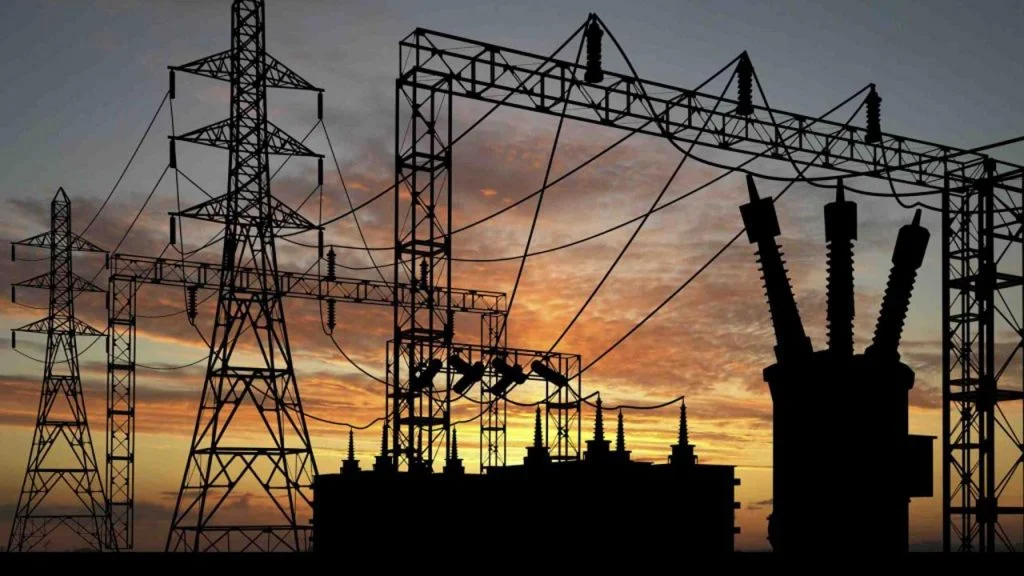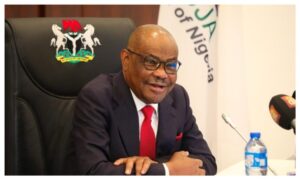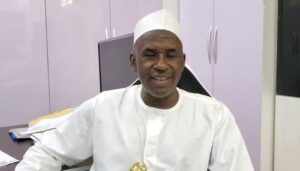Nigeria’s national power grid has collapsed twice within a span of 24 hours, causing major blackouts across the country. This latest crisis adds to the ongoing challenges of the nation’s energy infrastructure, which has struggled for years to provide reliable electricity to its population.
The first grid failure occurred on Monday evening, throwing the country into a sudden blackout. Just under 24 hours later, on Tuesday morning at around 9:17 am, the grid collapsed again, leaving millions of Nigerians without electricity for the second time in a day.
The Eko Electricity Distribution Company (EKEDC), one of the main electricity providers in Nigeria, confirmed the collapse in a post on X (formerly Twitter). Their statement read: “Dear Valued Customer, Kindly be informed there was a system collapse at 09:17hrs which has resulted in a loss of power supply across our network. We are currently working with our partners as we hope for speedy restoration of the grid. We will keep you updated as soon as power supply is restored.”
The two collapses have raised concerns among the public, as this is not the first time Nigeria has experienced issues with its national grid. In fact, the country has seen multiple grid failures over the years, with some lasting for several hours or even days.
The latest collapse has affected nearly every part of the country, including major cities such as Lagos, Abuja, and Port Harcourt. Businesses, schools, and hospitals have been hit hard by the power outage, with many forced to rely on generators to keep operations running.
Power outages have been a persistent issue in Nigeria, and the latest grid failure highlights the urgent need for reforms in the energy sector. Without a stable power supply, businesses are unable to operate efficiently, and everyday life becomes increasingly difficult for citizens who rely on electricity for basic needs.
While the exact reasons for the grid collapse have not been confirmed, experts suggest that the problems could stem from a combination of aging infrastructure, underinvestment, and poor maintenance. The national grid has long been criticized for its inability to meet the demands of Nigeria’s growing population and economy.
Nigeria’s energy sector has been in a state of disrepair for many years, with constant breakdowns and outages affecting millions of people. Despite the privatization of the sector in 2013, which was intended to improve efficiency and reliability, the system continues to suffer from frequent failures.
Efforts are currently underway to restore power to affected areas, with authorities working around the clock to fix the issue. EKEDC has assured its customers that they are collaborating with other stakeholders in the electricity sector to bring the grid back online as quickly as possible.
However, with two collapses occurring so close together, there are concerns about the stability of the grid going forward. Many Nigerians are calling for the government to take more decisive action to address the root causes of these failures and prevent future outages.
The recent grid failures have sparked frustration and anger among Nigerians, many of whom are already grappling with economic challenges and a high cost of living. Power outages not only disrupt daily life but also add extra costs, as businesses and households are forced to spend money on fuel for generators.
On social media, many Nigerians have voiced their concerns, calling for improved electricity infrastructure and better management of the national grid. Some have questioned whether the current system can handle the demand for electricity, especially as the population continues to grow.
The repeated collapse of Nigeria’s national grid underscores the need for urgent reforms in the country’s energy sector. Experts agree that significant investment is required to upgrade the grid’s infrastructure, improve maintenance, and expand the country’s energy generation capacity.
In addition, there is a growing call for alternative energy solutions, such as solar and wind power, to reduce the country’s reliance on the national grid and create a more sustainable energy future.







